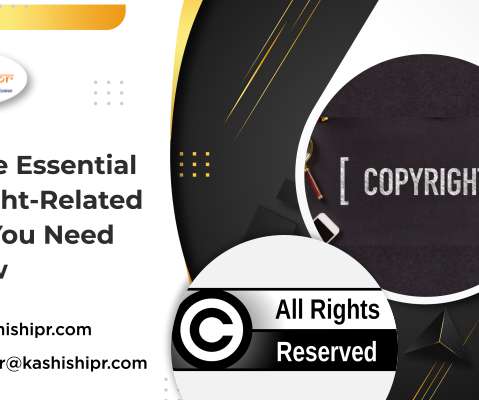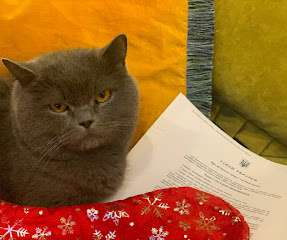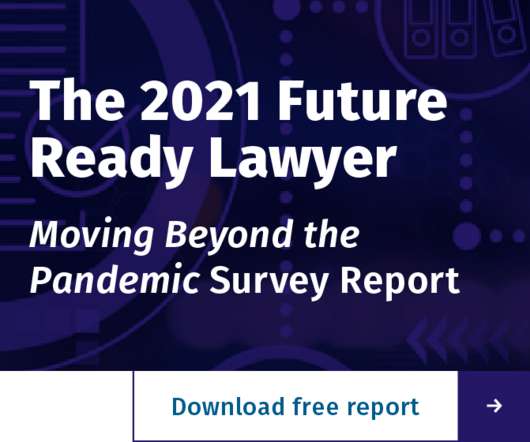The Five Essential Copyright-Related Terms You Need to Know
Kashishipr
AUGUST 31, 2022
In the present digital era, where we are so connected than ever, and the amount of online content produced has never been higher – the responsibility of safeguarding content has never been more crucial. When you enforce your copyright, you enforce your copyright-related rights, which fall under Intellectual Property Rights (IPRs).












Let's personalize your content